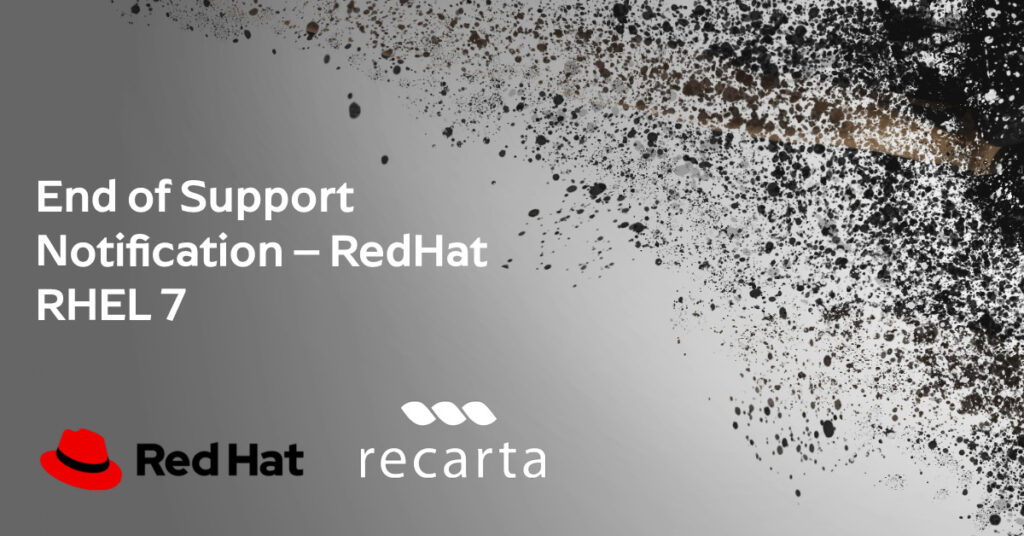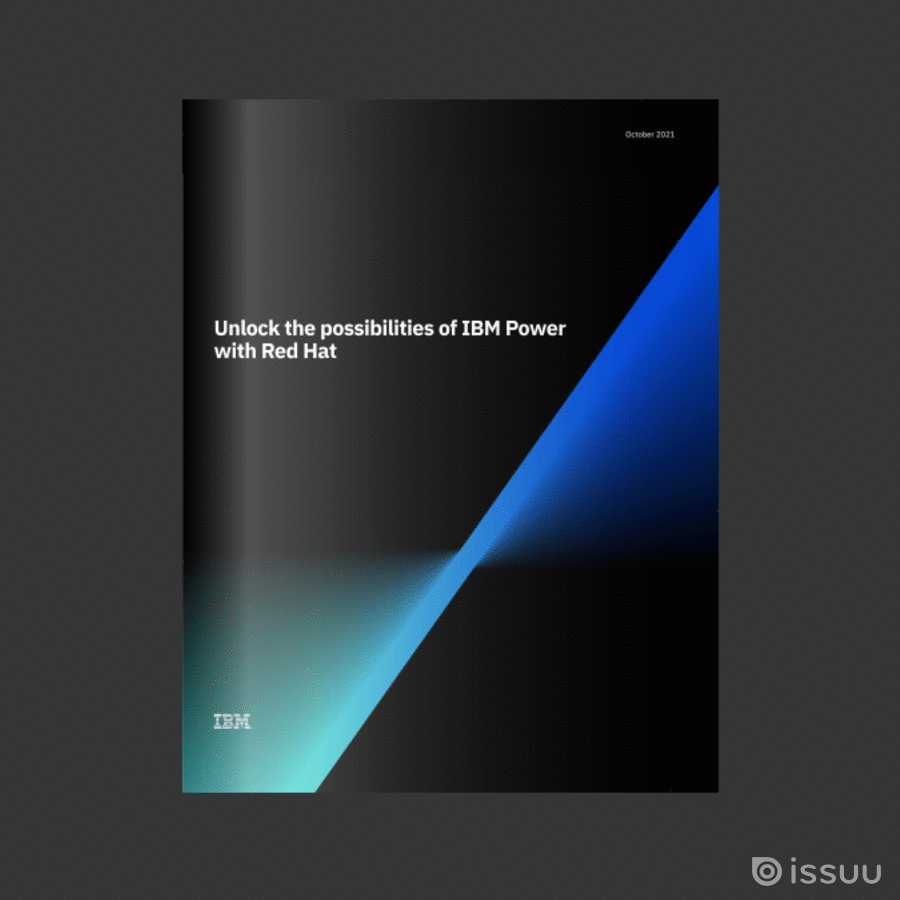
It’s been almost ten years since the launch of Red Hat Enterprise Linux (RHEL) 7, and its maintenance support phase will come to an end in June 2024. When maintenance support ends, the Extended Life Phase will begin.
During this period, Red Hat will provide limited ongoing technical support. No bug fixes, security fixes, hardware enablement, or root cause analysis will be available, and support will only be supplied on existing installations.
Now that maintenance support is ending, it’s an excellent time to learn more about upgrading to the latest versions of RHEL—and why doing so might be a good idea.
Why upgrade to newer versions of RHEL?
Organizations are increasingly turning to hybrid cloud solutions, and the IT challenges they face are becoming more and more complex. Further increasing that complexity, organizations must continually adapt their technology and processes to fulfill rapidly-changing business demands, even as they maintain traditional systems.
As your infrastructure spreads from the datacenter to the cloud and out to the network edge, upgrading to one of the latest versions of RHEL can help your organization safeguard the stability of its IT foundation, simplifying and centralizing management across your hybrid cloud environment.
Upgrading to RHEL 9 provides the following benefits:
- Build RHEL images your way: RHEL 9 simplifies and streamlines the process of assembling your own customized operating system (OS) images, allowing you to select which of the latest content and security updates you apply.
- Unlock performance with Linux kernel 5.14 and new tools: Based on the upstream version of Linux kernel 5.14, RHEL 9 delivers improved performance for many key industry workloads and benchmarks.
- RHEL operates at the edge: If you’re deploying at the edge, upgrading RHEL helps improve workload resilience and security capabilities while also simplifying the inherent complexities that come with operating edge systems.
- Supported architectures now include ARM: RHEL for ARM pairs enterprise Linux features with the ARM architecture, delivering a more reliable, high-performance platform that helps to drive a more consistent application environment across physical, virtual and cloud deployments.
- Gain system-wide visibility with Red Hat Insights: Red Hat Insights uses predictive analytics to assess environments, identify and prioritize operational and security risks, and simplify operations. Insights also enhances subscription tracking across hybrid cloud deployments, streamlining how you manage your RHEL instances.
- Not yesterday’s Linux: Upgrading RHEL means you can continue to choose the version of popular applications and language runtimes you use. As new features and capabilities are added to updated databases, web servers and application frameworks, you can evolve your application stack based on your organization’s needs.
- Life cycle management that balances efficiency and consistency: A RHEL subscription offers flexible yet stable life cycle options to support your business and security requirements. You can choose from multiple supported versions, upgrade on your schedule and adopt new features when needed.
- Built in the open with upstream communities and Red Hat partners: RHEL 9 is the first major release for this product built within CentOS Stream. Because CentOS Stream code becomes the next minor release of RHEL, you can contribute directly to RHEL and test your workloads before new releases.
If you have any concerns around how these changes will effect your business please contact sales@recarta.co.uk or telephone: 0844 800 7821

